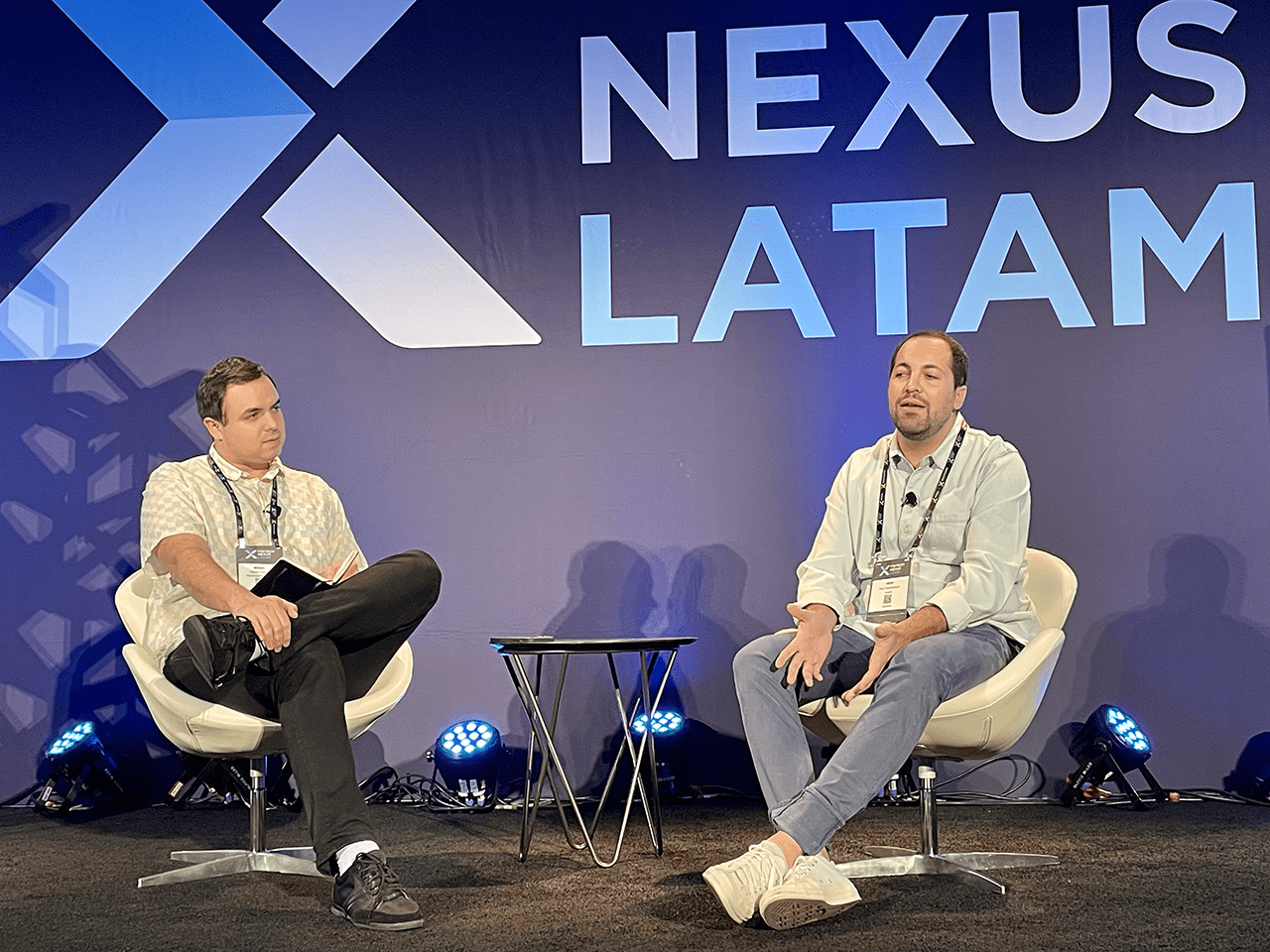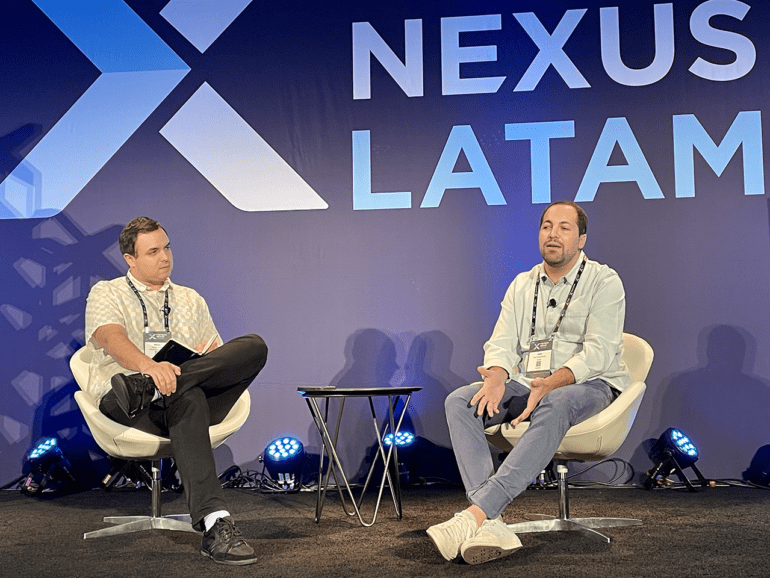MIAMI, Fla. — Kushki, the first-ever fintech unicorn in Ecuador, is ready to sail through rough seas ahead.
Despite a risk-off mode from global investors, Kushki’s CEO Aron Schwarzkopf argues that Latin American companies will likely stay resilient, as regional founders are more used to dealing with recurring crises.
Moreover, he argues it will be an opportunity to improve companies in the process.
“In Latin America, we are used to having bear markets all the time,” he said at a panel at Fintech Nexus Latam 2022 in Miami. “We read about inflation stories in the Wall Street Journal. For us, it is just another Tuesday.”
The Ecuadorian-American executive said lockdowns amid the pandemic were actually the “biggest inflection point” for the payments infrastructure provider. “Bear markets is where we thrive,” the CEO said. “It makes it easier for companies to cut costs and become more efficient and digitalized.”
The company became the first Ecuadorian fintech unicorn earlier this year. It raised $100 million in an extension to its Series B round, doubling its valuation to $1.5 billion.
“Our mission is to be seamless for companies to be able to do stuff,” he said. Most of Kushki’s products are API-driven and facilitate payment transactions for companies in Latin America, both collecting and disbursing.
“Latam has lived for decades with payment infrastructure built and consolidated in the 1990s,” he said. “That is what we tackle. We are trying to rethink that infrastructure to meet the demands of the next 50 years. We want to be an end-to-end platform for other businesses to transact cashlessly.”

Difficulties in achieving regional company
In August, Kushki bought Mexican startup Billpocket, its second-ever acquisition, to fuel its growth in Latin America’s second-largest market. The company is operative in most of the Spanish-speaking countries in the region.
“When you live in a smaller-sized country, you strive to get into the ecosystem,” he said. “In Mexico or Brazil, the ecosystem comes to you. But if you are in Ecuador or Peru, you need to get out.”
The executive argued that expanding regionally was not easy, yet he is not sure if it was a good decision. He said Kushki decided to operate regionally from the early days.
“To be frank, it has been really hard. Usually, companies start in their own market and then begin expanding,” he said. “It’s easier to build a culture that way and come up with a roadmap. Latin America was not built to be standardized. Culture, regulation, and labor laws are different. It is challenging to have a Latin American company. Quite impossible.”
Open to incorporating crypto
Asked about adding cryptocurrency to their offering, Schwarzkopf said they looked closely at the technology. However, he ruled out such decisions in the short term, given that there are legal constraints in many countries where the company operates.

But as regulation moves forward in many Latin American economies, the executive said Kushki was open to incorporating crypto as soon as regulation clears.
“If it legalizes, we’re super open to accepting it,” he said at Fintech Nexus Latam 2022. “All of the infrastructure that we have works (with crypto).”
The CEO said that he found stablecoins especially interesting. “The use of stablecoins and blockchain could be a game changer for many industries in Latam,” he said, “but we are only starting to see the underpinning of that.”
Despite rough times ahead in capital funding for many fintechs, the executive was confident that Latam entrepreneur’s expertise in dealing with instability would likely pay off.
Related:
- Nubank, LatAm fintechs pivot to profitability pursuit amid rising rates
- LatAm’s Mercado Libre fintech revenue rises by 94%
- Brazil’s Nubank reaches break-even, reports 70 million customers
“Numbers don’t lie. Latam is growing at a pace that is enviable in other regions in the world,” he said. “Technology adoption, GDP growth, and a very young and growing population.”


